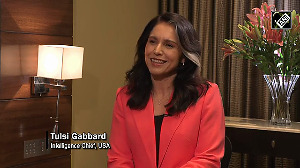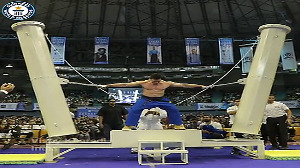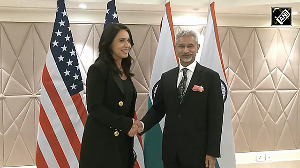Jean-Marie Leblanc, who has been Tour de France director for the last 20 years, on Wednesday said that he backed the report published by French sports newspaper L'Equipe stating that Lance Armstrong took a banned drug during the 1999 race.
"For the first time and these are no longer rumors or insinuations; these are proven scientific facts someone has shown me that in 1999 Armstrong had a banned substance in his body," Leblanc told British newspaper The Independent. "The ball is now in his (court). Why? How? By whom? He owes an explanation to us and to everybody who follows the Tour.
"What L'Equipe revealed showed me that I was fooled. We were all fooled," Leblanc was quoted as saying.
L'Equipe ran the story on Tuesday stating that six samples of urine from the 1999 Tour given by the Armsrtong had contained a banned drug, EPO.
Leblanc, however, gave the 33-year-old the benefit of the doubt after 1999.
"From 2000 to 2005 we can imagine that if tests were carried out on Armstrong's urine, nothing would be found," Leblanc said.
Armstrong has reacted angrily over Leblanc's comments, calling them "preposterous".
In a conference call from Washington D.C., Armstrong told Leblanc that repeated drug tests since 1999 have shown him to be clean.
"I actually spoke to (Leblanc) for about 30 minutes and he didn't say any of that stuff to me personally.
"I've been doing this a long time. We have not just one year of only 'B' samples. We have seven years of 'A' and 'B' samples. They've all been negative."
Meanwhile, the world cycling body UCI (International Cycling Union) is examining sanctions it could impose on Armstrong if the allegations are proved to be true, UCI spokesman Enrico Carpani said on Wednesday.
Head of the World Anti-Doping Agency, Dick Pound, said from Montreal that it was upto the UCI to come up with the truth.
"It will be very interesting to see what the UCI will do, how the national cycling association of the United States will act and what on seven-time Tour de France champion says," Pound said.
"But it is important that the entire truth is revealed."
Pound added that the World Anti-Doping Agency could not take any action in the matter because it did not exist in 1999.








 © 2025
© 2025